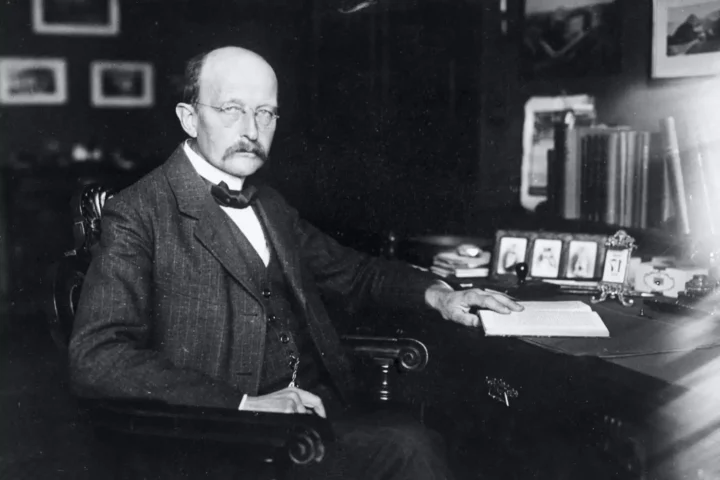Traveling 🛩️ long distances can be an exciting adventure, but it can also cause a range of physiological and emotional challenges, such as jet lag, fatigue and stress. However, with the right preparation and strategies, you can meet these challenges and make your journey more comfortable. In this article, we’ll look at a few tips on how to manage long flights and jet lag to make your trip enjoyable and comfortable.
1. Prepare in Advance

Preparation is key before traveling long distances. Try adjusting your sleep patterns a few days before your flight so your body can adjust to the new time zone. If you’re flying east, try to go to bed earlier, and if you’re flying west, try to go to bed later to synchronize your biological clock system with the local time of your destination. It’s also worth taking steps to boost your immune system before you travel, as long flights can weaken your defences against disease.
2. Stay Hydrated

Proper nutrition and hydration are important aspects of maintaining your physical and emotional health on long flights. Remember that the cabin air is dry and can cause dehydration, so make sure you drink enough water during the flight. Avoid alcohol and caffeine as they can make dehydration worse. Whenever possible, try to choose foods rich in vitamins and minerals to keep you healthy.
3. Move and Stretch

Sitting for long periods of time during a flight can cause a buildup of stress and tension in your muscles, as well as increase your risk of blood clots. To avoid these negative effects, try to move and stretch regularly while flying. Get up and walk around the cabin, doing leg and arm exercises to keep your blood flowing and prevent blood stasis in your legs. It will also help you relax and relieve tension after sitting for a long time.
4. Create a Comfortable Sleep Environment

Sleep is one of the most important aspects of maintaining your physical and emotional health during long flights. Create a comfortable sleep environment to help your body adjust to the new time zone. Use earmuffs, a soft pillow, and a sleep mask to create a cozy, relaxing environment. If possible, choose a window seat to reduce the impact of light and noise on your sleep. Also try using natural sleep aids such as honey or lavender oil to help you relax and fall asleep more easily.
5. Gradually Adjust to the New Time Zone

When arriving at your destination, try to adapt to the new time zone gradually. If possible, adjust to local time by setting your clock and alarm to the new time zone as soon as you arrive. Avoid long naps so your body can get used to the new sleep and wake patterns faster. Spend time outdoors and expose yourself to natural light to help your body adjust its circadian rhythm.
6. Manage Stress

Traveling long distances can be stressful and stressful. Stress management is an important aspect of maintaining your physical and emotional health while traveling. Use relaxation techniques such as deep breathing, meditation, or yoga to reduce stress and improve your well-being. Remember also the importance of maintaining emotional well-being during long flights. Traveling long distances can be physically and emotionally exhausting, so take care of yourself, provide yourself with comfort and care, and find ways to relax and unwind that work for you.
7. Proper Nutrition

Proper nutrition plays an important role in maintaining your physical and emotional well-being during long flights. Avoid junk food and excess alcohol as these can worsen your condition and contribute to jet lag. Try to eat light, balanced foods rich in vitamins and minerals to keep your immunity and energy up.
8. Avoid Overstimulation

Excessive stimulation, such as bright lights, loud noises, and gadget screens, can make it difficult for you to sleep and cause insomnia. Try to limit the use of electronic devices and avoid bright lights before bed, especially before bed in a new time zone. If possible, use earmuffs and a sleep mask to create a peaceful environment to relax.
9. Seek a Professional If Needed

If you’re having serious problems with long flights and jet lag, don’t hesitate to seek professional help. Doctors or Sleep specialists can offer you additional advice and treatments, such as medication or light therapy, to help alleviate and manage the effects of jet lag. They can also give you tips on adapting to a new time zone and optimal daily routine to minimize the negative effects of long flights on your body.
10. Take Care of Your Health Before and After Travel

Another important aspect of long distance travel is taking care of your health before and after your trip. Before you fly, make sure you are in good physical condition to reduce the risk of illness while traveling. Check with your doctor if you have any medical concerns or concerns. After the trip, also monitor your health and closely monitor for possible symptoms of jet lag or other illnesses. If you have any problems adjusting to a new time zone or your health in general, don’t hesitate to contact your medical professional.
Conclusion
Traveling long distances can be an exciting adventure, but it can also cause a range of physical and emotional problems, including jet lag. However, with the right approach and preparation, you can overcome these challenges and make your trip more comfortable and enjoyable. Follow the guidelines for adjusting to the new time zone, maintain a healthy lifestyle, practice good sleep and rest hygiene, take care of your physical and emotional well-being, and consult a healthcare professional if necessary. Traveling long distances can be an unforgettable experience, and with the right approach, you can enjoy it to the fullest.








